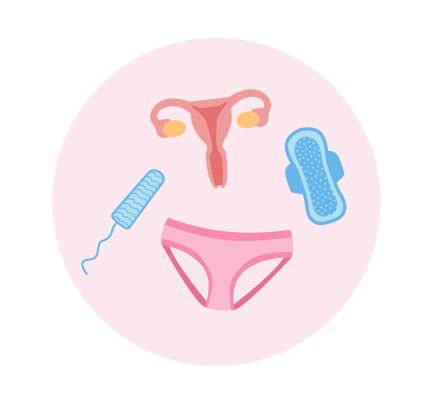EDITORIAL: Columbia can help break cycle of period poverty

EDITORIAL: Columbia can help break cycle of period poverty
September 10, 2018
Beginning in August, Scotland became the first country to provide free menstrual products at all schools, colleges and universities after the success of a 2017 pilot program, according to an Aug. 29 New York Times article.
In the U.S., many homeless and low-income people are unable to buy menstrual products, and budgeting for the monthly expense can strain financially-strapped college students. This lack of access creates an epidemic of period poverty, a circumstance in which a lack of menstrual products forces someone to miss school or work.
In 2016, Chicago took initiative to answer “a question of fairness and discrimination” by eliminating taxes on menstrual products, according to a March 17, 2016, CNN article. The United Nations lists access to menstrual products as a human right. Menstruation still remains taboo, leaving a large gap to be filled.
Though there is a growing movement to make menstrual products funded by the government, it is unlikely legislation will pass in the near future. If the government will not provide the basic necessity of menstrual products, colleges like Columbia should help fill the gap by providing them at no cost to those on campus. The college already offers classes that explain the biology of human reproduction, so first steps have been taken. Condoms are given out at various locations on campus at no cost, so a product even more critical to reproductive health and sanitation should be available, too. Columbia strives to be a campus that encourages activism and accessibility, and there is no better way to showcase this mission than to take active steps to end the stigma.
The taboo around menstruation stems from a long history of shaming human bodies and their natural functions. Those in power have historically not experienced menstruation. Health education is segregated by sex in many schools, which leads to a lack of knowledge about a normal bodily function a large percentage of the population experiences.
The only way to meet the need for menstrual products is to increase understanding, provide education and encourage discussion; this is Columbia’s role as a college. Menstrual products should be seen as basic healthcare, something to be provided at no cost to anyone who needs them, and every bathroom on campus can be an example.
Even though cisgender men will never menstruate, those of us who do should expect compassion and action from our colleagues, friends, family members and legislators. Individuals not affected by an issue are not absolved from caring for the needs and comfort of their fellow human beings. Taking steps to provide menstrual products on campus would prove that this administration cares about its students.
On a campus that cares deeply about human rights—in the middle of a city that is known for grassroots activism and protest—there is no reason to ignore the necessity of access to menstrual products, not only for students, but for those who are homeless or from low-income households. It is always better to stand up and take action, because those who do not are complicit in the cycle of period poverty.







